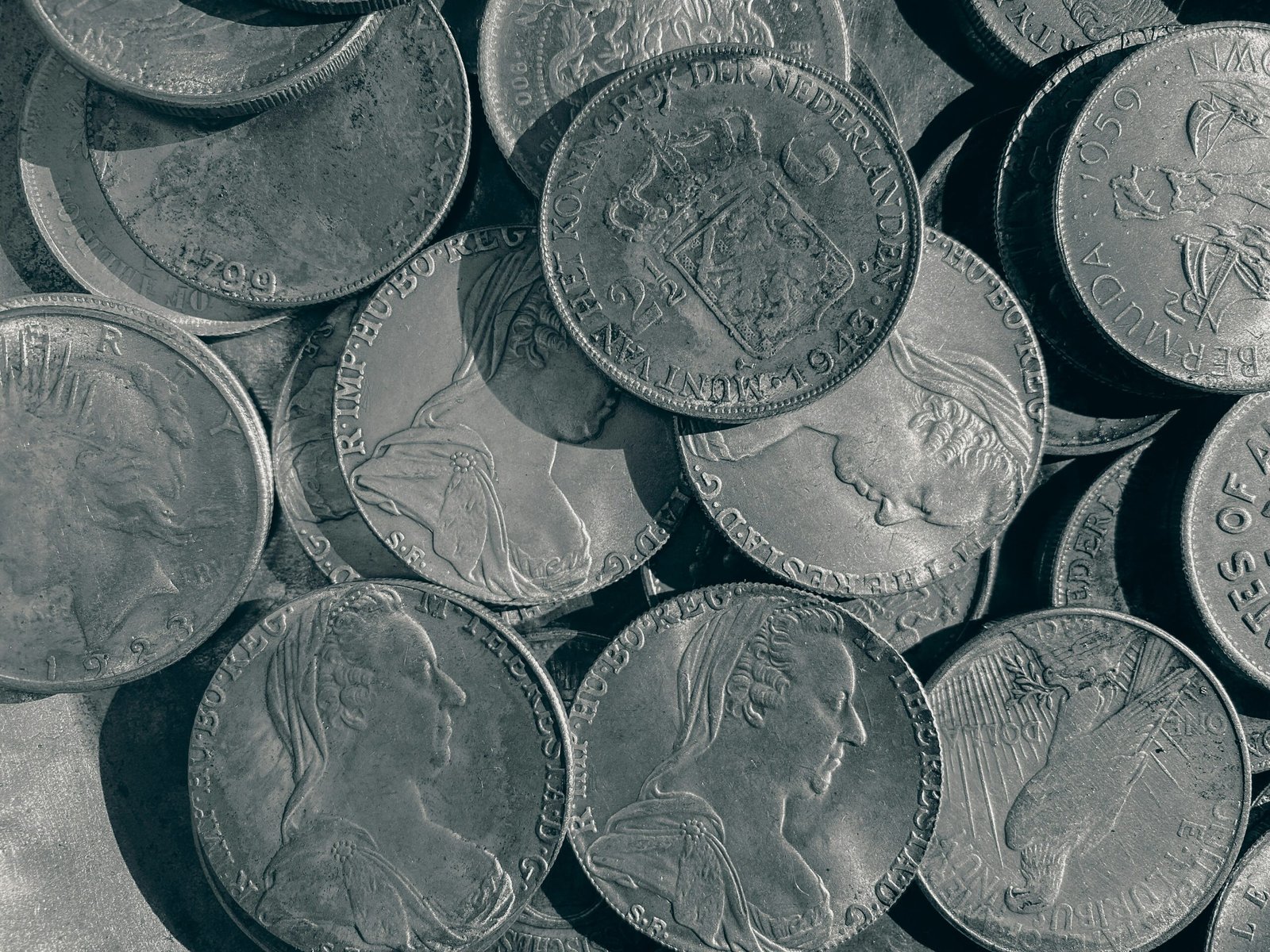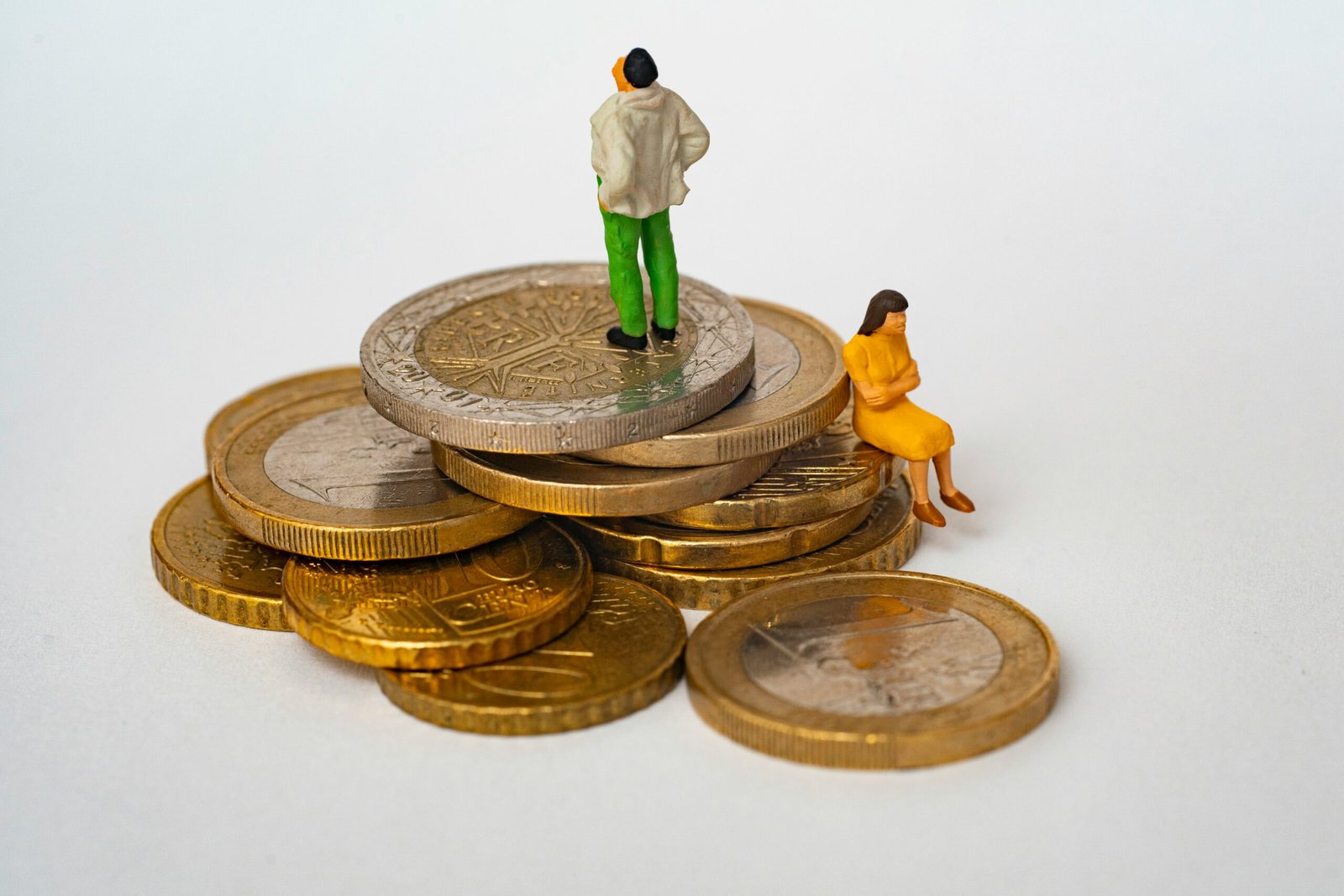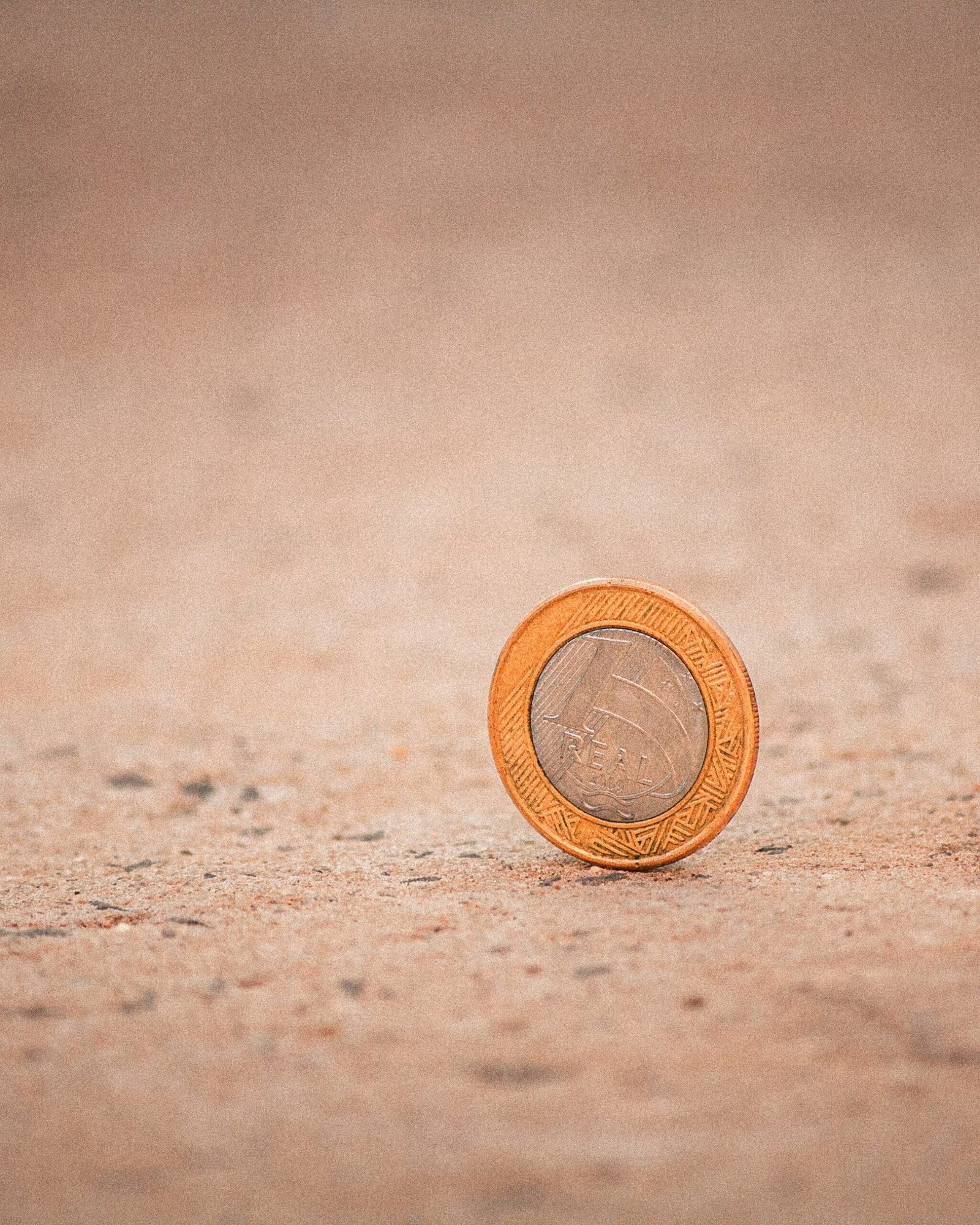The History and Evolution of Money
Money, as a cornerstone of economic systems, has undergone significant transformations throughout history. The origins of money can be traced back to ancient barter systems, where goods and services were exchanged directly without a standardized medium. This method, while functional, was limited by the need for a double coincidence of wants, meaning both parties had to desire what the other offered.
To overcome these limitations, early civilizations began using commodity money—items with intrinsic value such as gold, silver, and other precious metals. These commodities were universally valued, making them effective mediums of exchange. The earliest forms of coinage appeared around 600 BCE in Lydia (modern-day Turkey), where stamped metal coins facilitated trade by providing a standardized and easily divisible form of money.
As economies grew more complex, the limitations of carrying large quantities of metal coins became apparent. This led to the creation of paper money, first used in China during the Tang Dynasty (618-907 CE). Paper money offered a convenient and lightweight alternative to metal coins, significantly enhancing trade and commerce. The concept gradually spread to other parts of the world, markedly transforming financial systems.
The 20th and 21st centuries witnessed further evolution with the advent of digital money. Electronic banking, credit cards, and online payment systems revolutionized the way transactions were conducted, offering unprecedented convenience and security. The introduction of cryptocurrencies in the early 21st century marked another milestone, with Bitcoin emerging as the first decentralized digital currency. Cryptocurrencies utilize blockchain technology, providing transparency and reducing the need for intermediaries in financial transactions.
Throughout history, diverse cultures and civilizations have contributed to the evolution of money. From the cowrie shells used in Africa and Asia to the wampum beads of Native American tribes, each society’s unique approach to money has shaped global economic systems. These historical developments underline the dynamic nature of money and its critical role in facilitating trade, economic growth, and societal advancement.
The Role of Money in Modern Economics and Personal Finance
Money plays a crucial role in modern economics and personal finance, serving as the bedrock for economic activities and individual financial management. Fundamentally, money fulfills three primary functions: it acts as a medium of exchange, a unit of account, and a store of value. As a medium of exchange, money facilitates trade by eliminating the inefficiencies of a barter system, allowing for smoother transactions and a more robust marketplace. As a unit of account, money provides a consistent measure for valuing goods and services, making it easier to compare prices and make informed financial decisions. Lastly, as a store of value, money allows individuals and businesses to preserve wealth over time, providing stability and confidence in future purchasing power.
Money is indispensable in facilitating trade and economic growth. It enables the efficient allocation of resources by signaling the relative value of goods and services in the market. Furthermore, the role of money in managing inflation and influencing monetary policy cannot be overstated. Central banks use monetary tools, such as interest rates and money supply control, to maintain economic stability. By adjusting interest rates, central banks can influence borrowing, spending, and saving behaviors, thereby steering the economy toward desired outcomes.
On a personal level, understanding the role of money is equally important. Effective personal financial management hinges on budgeting, saving, and investing. Budgeting helps individuals track their income and expenditures, ensuring that they live within their means. Saving is essential for building financial security and preparing for future needs, while investing offers the potential for wealth growth over time. The impact of interest rates on personal finances is significant; higher interest rates can increase borrowing costs but also provide better returns on savings, influencing financial decisions and behaviors.
The psychological aspects of money also play a vital role in personal finance. Spending behavior is often influenced by emotional factors and societal norms, which can lead to financial stress and impact overall well-being. Understanding these psychological elements can help individuals make more rational financial decisions and develop healthier financial habits. Societal values and norms shape our attitudes toward money, influencing how we prioritize spending, saving, and investing. By recognizing these influences, individuals can make more informed and deliberate financial choices, fostering better financial health and stability.


